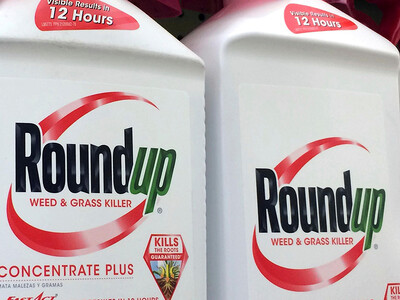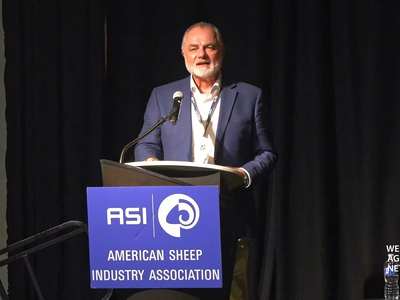Environmental Group Amends ESA Lawsuit to Include 4 More Pesticides
An environmental group added four additional chemicals to a pending lawsuit originally filed in 2022, alleging the U.S. Fish and Wildlife Service (USFWS) did not comply with the Endangered Species Act (ESA) in approving now six pesticide registrations, according to an amended lawsuit filed in federal court on Thursday.In 2022, the Center for Biological Diversity sued the USFWS, alleging the agency was not following the ESA regarding pesticides chlorpyrifos and diazinon. That lawsuit in the U.S. District Court for the District of Arizona was launched after the USFWS failed to meet a December 2017 deadline to finalize ESA consultations with EPA.
On Thursday, the group filed an amended complaint in the same court to add atrazine, simazine, methomyl and carbaryl to the lawsuit.
Since the original lawsuit was filed, biological evaluations of the four chemicals were completed by other federal agencies, according to the amended complaint.
The National Marine Fisheries Service completed evaluations on chlorpyrifos, diazinon and malathion in June 2022.
The evaluations said continued chlorpyrifos use would result in jeopardy for 37 species and modification to critical habitats for 36 species. On diazinon, NMFS said there would be jeopardy to 26 species and adverse modifications to habitats for 18 species.
In 2021, an EPA evaluation determined carbaryl and methomyl were likely to adversely affect 91% of species analyzed and 93% of critical habitats.
The lawsuit said EPA came to similar conclusions about atrazine and simazine, but the USFWS has yet to act.
"Yet over two years have passed and FWS has not moved expeditiously to ensure the registered uses of atrazine and simazine will not drive any species to extinction or adversely modify critical habitat by completing final biological opinions for each pesticide," according to the amended lawsuit.
In 2017, the EPA determined that 97% of more than 1,800 animals and plants protected by the Endangered Species Act are likely to be harmed by chlorpyrifos and 78% are likely to be hurt by diazinon.
The ESA requires the Fish and Wildlife Service to expeditiously review the EPA's findings of pesticides' harms and put measures in place to prevent harm to species.
In 2022, EPA announced it was implementing label changes for insecticides malathion, chlorpyrifos and diazinon. Most of those changes applied to users on the East and West coasts and north Atlantic states.
In 2023, EPA announced national restrictions on malathion, which is used to control mosquitoes.
At the end of last year, a federal appeals court threw out the EPA's banning of chlorpyrifos.
Source: DTN

















